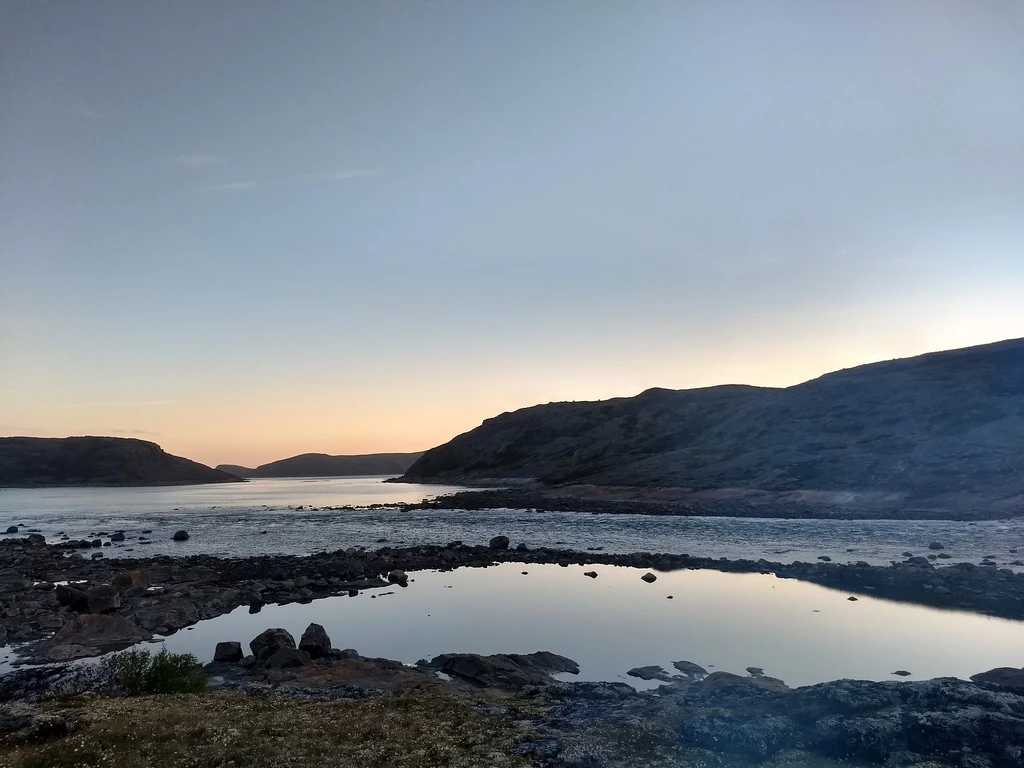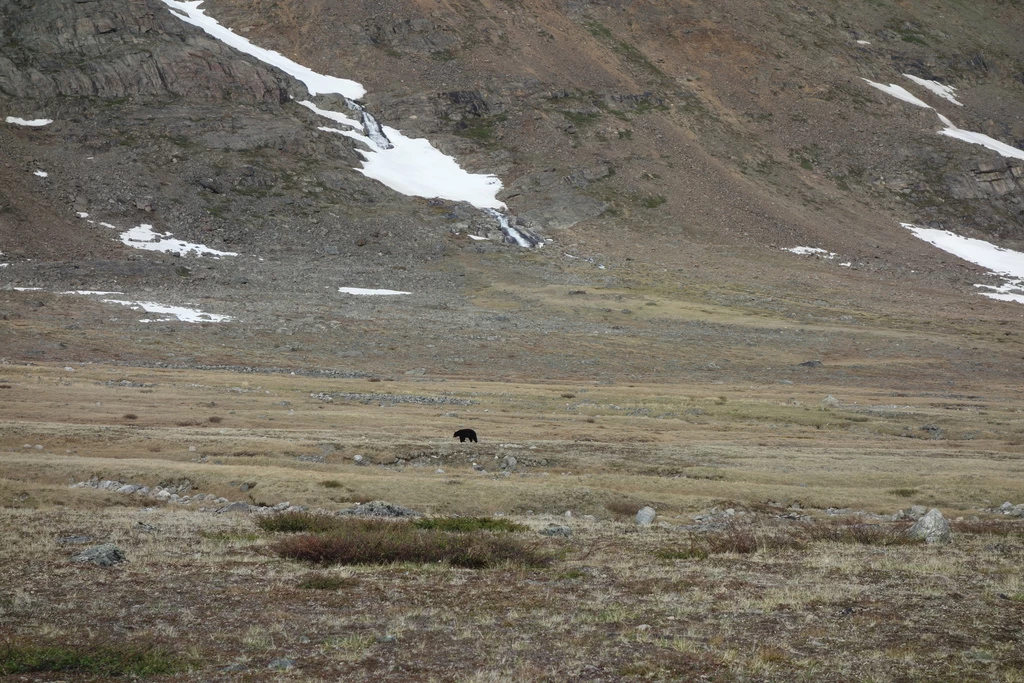Get your Canadian Content here! On one of my occasional visits to the nearby Wellington City Library branch, I picked up Ice Walker: A Polar Bear’s Journey through the Fragile Arctic by James Raffan.
This short work of creative nonfiction follows a bear, Nanu, as she raises her cubs near Churchill Falls (Manitoba) in contemporary times—the book was published in October 2020. Nanu and her cubs experience the impacts of both traditional and modern humanity on the landscape, notably climate change and oil spills, which have both been documented to make life harder for bears in an already harsh environment.
I’ve been watching the Royal Albatross Cam outside Dunedin this year (there was a failed landing that went viral) and so of course you see parents feeding their offspring for a while. Polar bear mothers, though, spend two years raising their offspring and teach them lots of skills. Which is not surprising once you think about it, but one usually doesn’t.
This book is worth reading to get a perspective on Canada’s north and the epic creatures that struggle to survive there. There’s a utilitarian argument for preserving wilderness in the North (and not building pipelines), but there’s also an argument based on how Northern landscapes—and the indigenous peoples that are deeply linked to them—are an essential part of humanity’s heritage.
Canadian bears and me
In the summer of 2019, I paddled down the Koroc River. The Sépaq park staff in Kuujjuaq said we’d be lucky to see a polar bear, and very lucky to see one up close (and survive? was unsaid). They would usually only be at the mouth of the river if at all. We did not see any polar bears, but we did make sure to not arrive early (the park staff still had trouble finding people to bring us back on a boat on Canada Day) and we did keep an overnight watch for them.
Towards Mt. Caubvick we did see a couple of black bears. The park hires seasonal workers to do park maintenance, including Inuit, who also hunt while they’re out there (and provision their food accordingly, so are hungry). The older Inuit man told the younger Inuit man that this bear was too small still.

